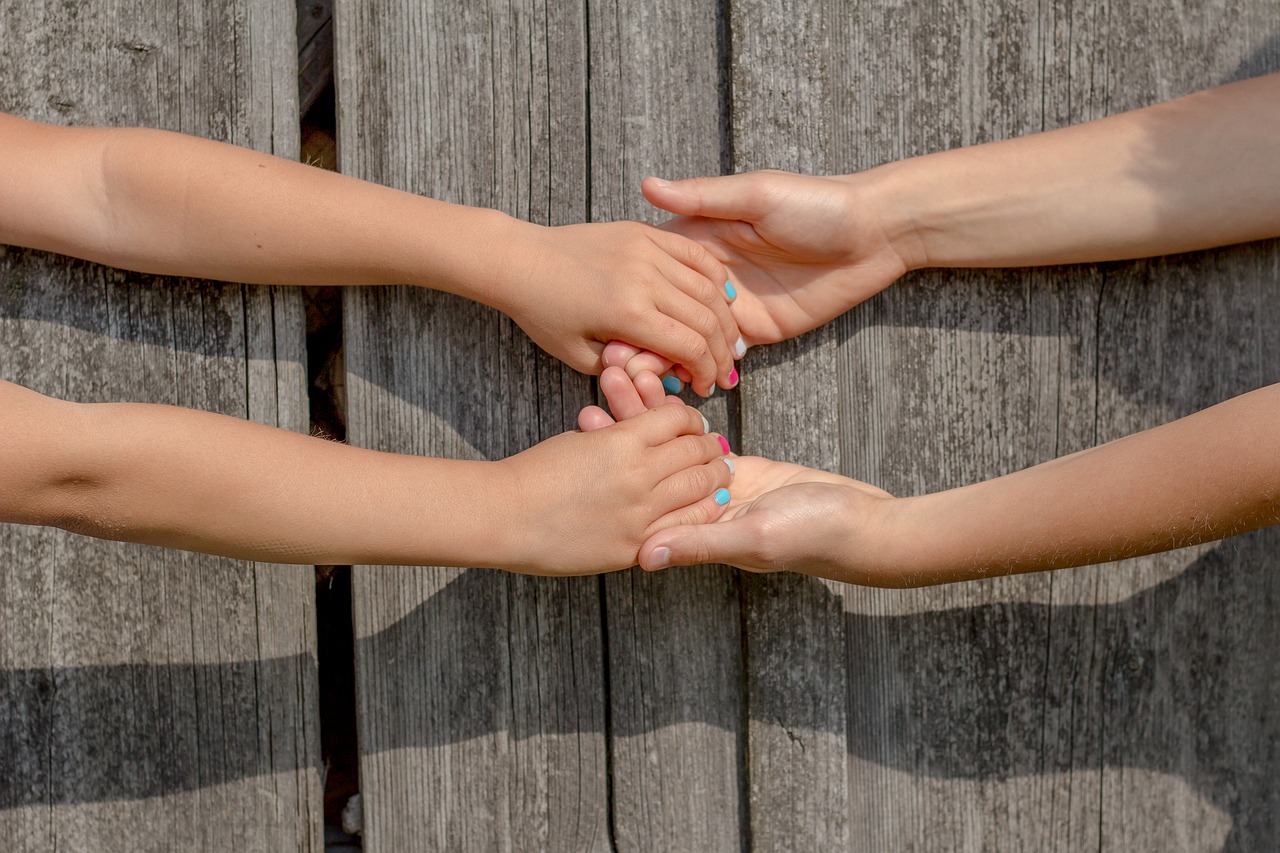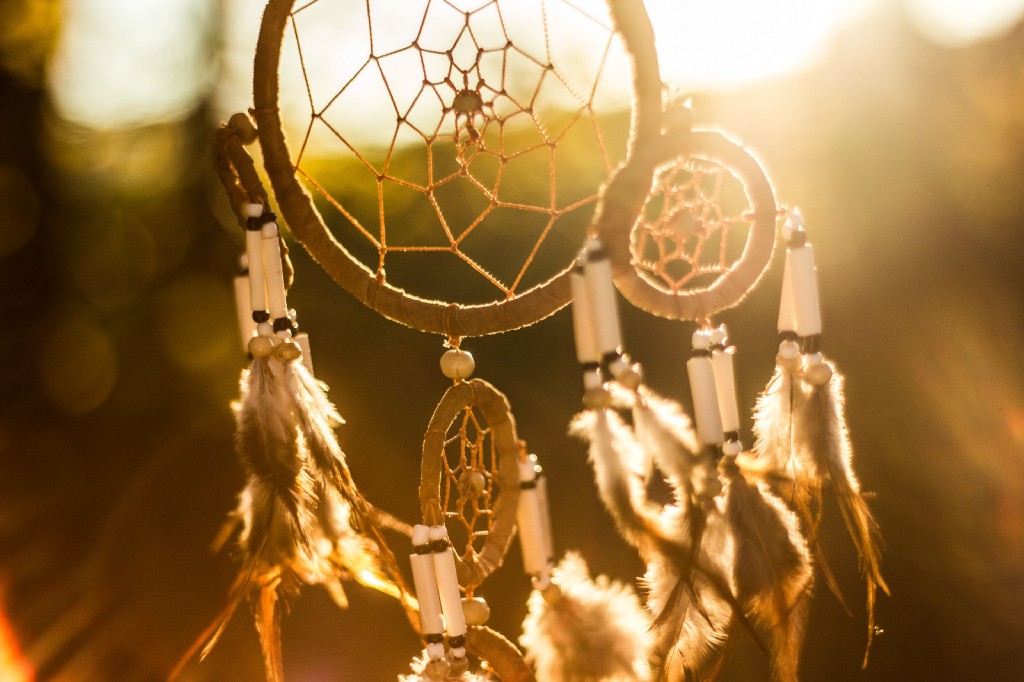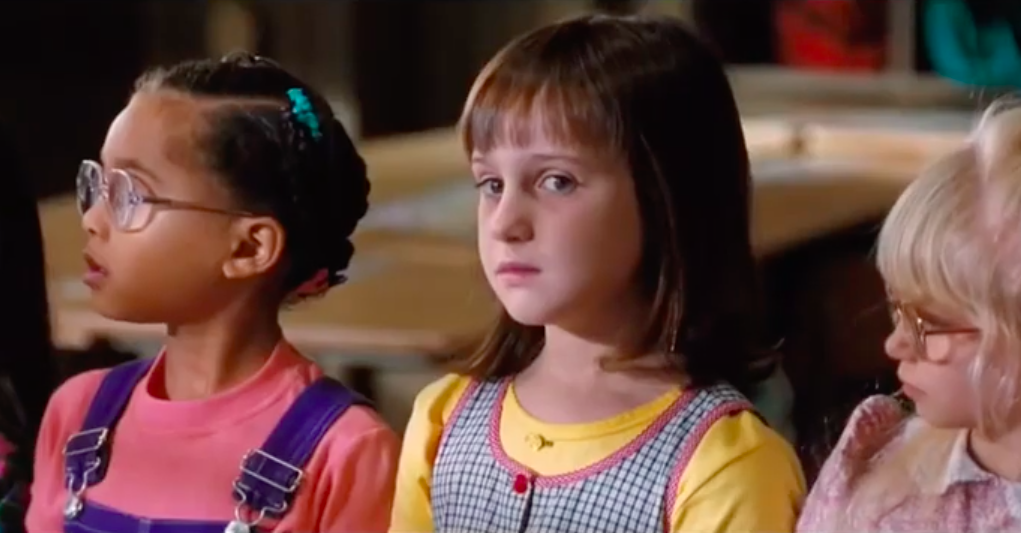Books & Culture
Why I Had to Rewrite the Ending of My Middle-Grade Book After Charlottesville
The rise of Trumpism made me realize that my characters needed to stop compromising

I write what people like to call “coming of age” books, in which kids are figuring out who and what to be, how to navigate the world independently. So I think a lot about what the rules of the world are. Or rather, I think about what the rules of the world are supposed to be.
Until 2016, my books tended to end in compromise. This wasn’t something I ever set out to do consciously, but each time I wrote a book, it happened—I wrote my characters into situations where their personal needs and desires bumped up against the needs and desires of the larger world, and where the main character ended up recognizing (among other things) that they weren’t the only person in the universe.
Until 2016, my books tended to end in compromise.
Honestly, this is a reflection of my personal parenting philosophy. I believe in compromising our individual desires for the greater good. I believe kids need to be aware of other people, and the rules that govern the world, that make things easier and better for everyone. Sharing. Taking turns. Traffic laws. Basic etiquette in restaurants. And so on.
I saw this as something kids need to be thinking about—the social contract. Learning to accept that they can’t always get what they want. This was, I thought, one of the major problems kids face today—or rather, kids with a certain amount of privilege and affluence, whose basic needs are met.
This is not to say that kids shouldn’t follow their dreams, or operate as individuals, only that they need to recognize that everyone has dreams, and that sometimes, each of us needs to listen instead of speak, or sit back so that others can be noticed. There are a lot of books for kids about individualism, and we need those. But my books have tended to be about how to blend that individual pursuit with a recognition of the needs of others.
Three years ago, I was beginning to outline a new book. A story about two girls who are struggling with very different problems, insurmountable problems, who find each other and forge an important friendship. It was a friendship book, I thought, a book about how much we can matter to other people. But of course, as usual, my expected ending involved compromise, a chance for one of the girls to realize she would need to accept the limitations of the world, to play by the rules, accept reality.
Then came November of 2016, with the election of Donald Trump and its aftermath. The Muslim ban. Kids in cages, Supreme Court appointments designed to roll back the rights of women. Each day we wake up to new atrocities, and each day, I try to explain these things to my own children.
Like so many Americans, that election was a wake-up call for me, a reminder that this country is what we make it, with our voices, our votes, our dollars, our energy. I’ve spent much of the last three years marching, shouting on courthouse steps, calling my reps, working on local campaigns, writing postcards and making donations. We’re all trying to right the ship we’d forgotten we were riding. We’re all trying to turn things around.
And yet, though my life changed radically on that day in November, my work didn’t change—not at first. Writing was the one thing that felt the same, like a little island, a safe place. I’d head out to demonstrate, or make my daily phone calls to my senators, and then come home to spend time with my characters—Jasper and Leah—two kids who were dealing with their own individual problems and not thinking about Trumpism. It felt like a kind of relief. I just kept plugging away, working toward the ending I’d outlined—an ending in which, as usual, Jasper and Leah would have to come to terms with the rules of their world, grow up a little, accept reality, compromise.
Then came Charlottesville.
I was about halfway through my draft at that point, in residency at the Serenbe Air arts colony, working alone in a beautiful little cabin with birds singing around me, when white supremacists descended on Charlottesville, Virginia, in what would become a deadly altercation with counter-protestors. I sat there in my little cabin, watching the footage unfold on my laptop, and I found that I couldn’t write a word. I couldn’t sit there in my lovely bubble, with Jasper and Leah, when the world was on fire. I needed to leave Serenbe, get home to my family, join the march that was being planned in downtown Atlanta. So I did that. I packed up and left.
But as I drove home that day on 85, racing back into the real world, I found myself thinking about the end of my book. I found myself thinking about compromise, and kids, about the social contract. I found myself pondering what it was I wanted to communicate about it to my readers.
I could not, in clear conscience, instruct kids growing up in Trump’s America to simply accept their struggles and move forward.
Here’s the thing—the social contract requires that we follow the rules when the system is working. But when the system is horribly broken, the social contract demands that we revise it, disrupt it, rewrite the contract. I found myself thinking that I could not, in clear conscience, instruct kids growing up in Trump’s America to simply accept their struggles and move forward as I had done in past books. I needed a new ending for My Jasper June, an ending that would suggest not a need for compromise, but a need for innovation—for kids who are ready to remake the world, rewrite the social contract, even if it means breaking the rules.
I’d been thinking about this question all wrong. The question isn’t whether to follow your individual dreams OR serve the community. The question is how to follow your dreams AND serve the community.
So I went back to my draft and my outline, and I rethought it all. I’d placed my characters in an untenable situation, one that—in the earlier draft—required acceptance, a willingness to face the hardships and inequalities of the world. Instead, I looked for another ending, one that embraced creativity, imagination, innovation—which kids are naturally so very good at. I looked for an ending that demanded Leah and Jasper reach beyond defaults, beyond expectations, beyond the obvious answers grownups might provide, and reimagine the world for themselves.
I realized that what Jasper and Leah needed to do was to see how the system was failing them, how their parents were failing them. It was only once they recognized the limitations of their grownups that they might step forward, realize their own wisdom and power, and take matters into their own hands.
My readers figured this out before I did. Kids are stepping forward today, in a way I never imagined they would have to do, as they face the world they stand to inherit—school shootings, the impending climate mess we’ve created, tangled courts and gerrymandered districts, the gross inequality of the justice system and the segregation of their schools. They are brave and inspiring, and it is utterly unfair that they have to do this work.
My Jasper June is not a political book. It doesn’t talk about politics specifically, or address race or gender directly. But we live in an era when absolutely everything is political, and as I wrote, I couldn’t ignore that fact. This political moment—and the amazing kids who are stepping forward from it, to become tomorrow’s leaders—crawled into my book, and informed everything. Kids like Emma Gonzalez and Greta Thunberg remade Leah and Jasper, and set them on a different path. A path that required greater imagination, wilder dreaming, and the conviction to demand that dreams be taken seriously.
Ironically, this is the first novel I’ve written in which the characters are not explicitly navigating the complexities of magic. In My Jasper June, Leah and Jasper wish for magic. They dream of invitations to Hogwarts, or a portal to solve their problems. And in the original draft of the book, they found it! But a second change I made in revision, even as I was challenging my characters to dream bigger, to push back against compromise—was that I took out the magical device. I disappointed Leah and Jasper, forced them to solve their own problems, without fantastical assistance.
Kids like Emma Gonzalez and Greta Thunberg remade Leah and Jasper, and set them on a different path.
Now I find myself thinking that these choices are deeply related. Leah and Jasper can’t do what I’ve asked of them if they don’t consider magic, dream of solutions beyond the realistic and obvious. But then they have to take those dreams into the real world, and set them into motion. Innovation is about magic. Creation is about magic. Progress and revolution are about magic, but these are the kinds of magic we make for ourselves. As long as we rely on the world as we know it, change can’t happen, but Leah and Jasper didn’t need a magical device. With their ability to see the world differently, their youthful energy, their great optimism and hope, they needed to become the magical device. Accomplish the seemingly impossible.
We are in a treacherous moment in history. Our country is in crisis. Some days, everything feels bleak. Our kids shouldn’t have to carry this burden. They shouldn’t have to rewrite the contract, remake the world. But if they are going to have to do that work, they will need to reach beyond the expectations of compromise, and believe firmly in their own magical abilities. It seems to me that the least we can do for them is stretch, open our imaginations, consider whatever magical future they are willing to dream up and inhabit.








